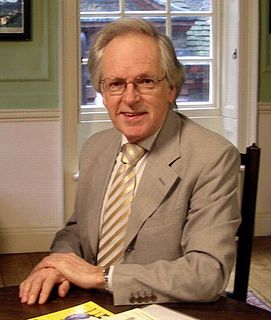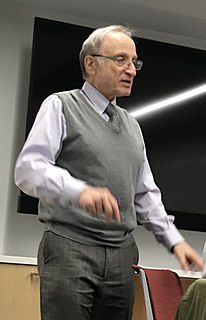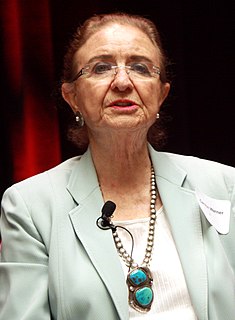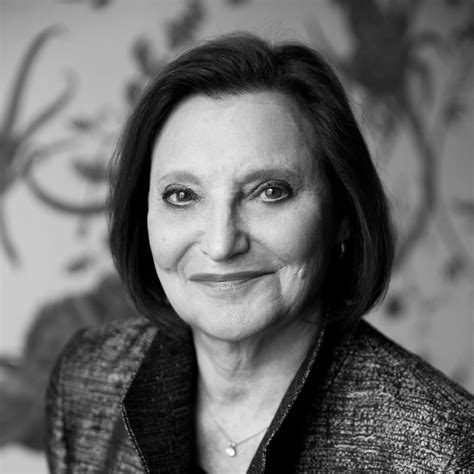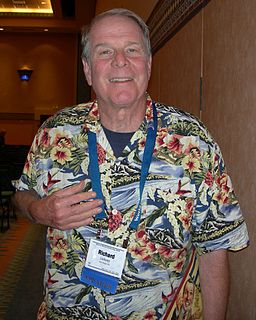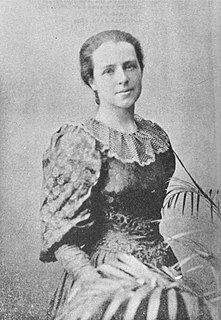A Quote by Ashleigh Brilliant
With all deference to Chairman Mao and other authors whose quotations derive from longer works, it seemed that I was becoming the world's first writer of self-contained ready-made quotations.
Related Quotes
My toils in the quotation field have led me to formulate two or three laws about the way people use and abuse quotations. My first law is: When in doubt, ascribe all quotations to Bernard Shaw - which I don't mean to be taken literally, but as a general observation of the habit people have of attaching remarks to the nearest obvious speaker. Churchill, Wilde, Orson Welles and Alexander Woollcott are other useful figures upon whom to father remarks when you don't know who really said them.
That the system of morals propounded in the New Testament contained no maxim which had not been previously enunciated, and that some of the most beautiful passages in the apostolic writings are quotations from Pagan authors, is well known to every scholar... To assert that Christianity communicated to man moral truths previously unknown, argues on the part of the asserted either gross ignorance or wilful fraud.


